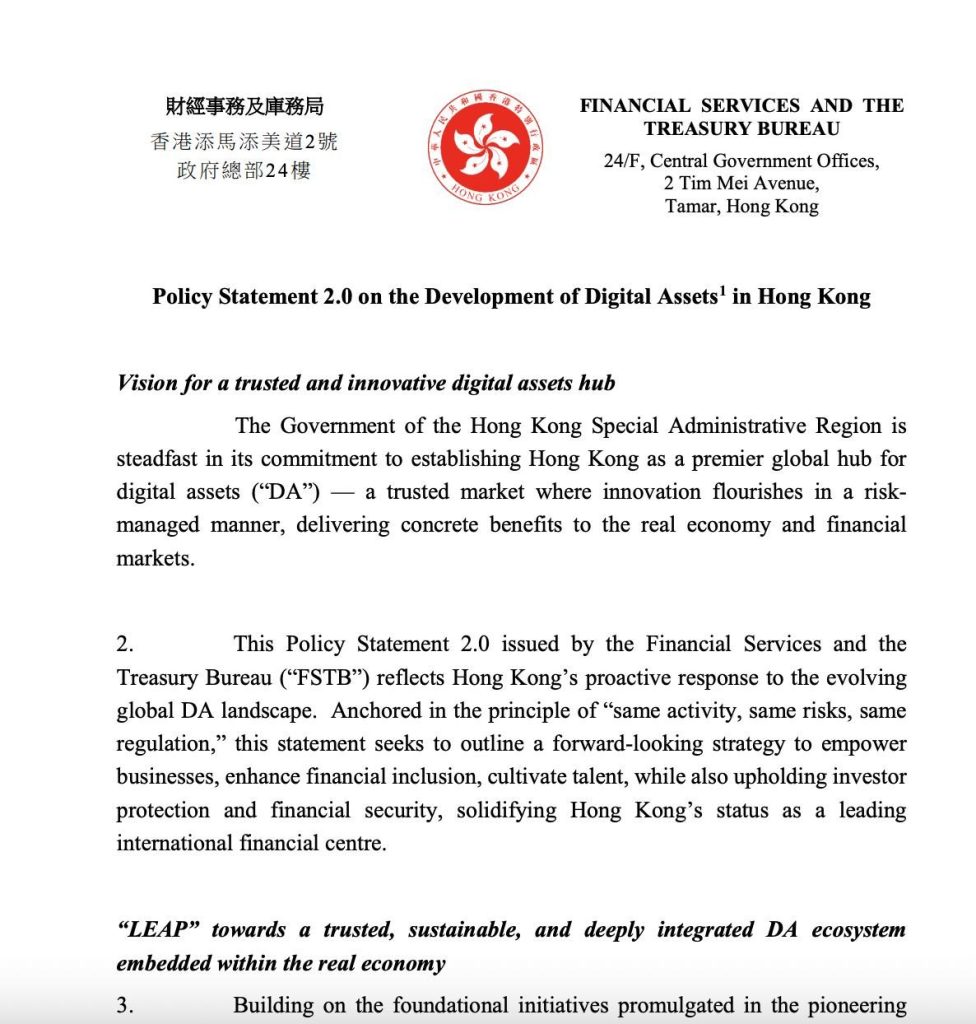Shenzhen Cracks Down: How Stablecoin Scams Are Duping Investors in 2025
Another day, another crypto scam—but this time, it’s stablecoins in the crosshairs. Shenzhen authorities just dropped a warning bomb on fraudulent investment schemes disguised as 'safe' stablecoin plays. Here’s the breakdown.
### The Bait: ‘Low-Risk, High-Reward’ Stablecoin ‘Opportunities’
Scammers are pitching stablecoins as the ultimate safe haven—zero volatility, guaranteed returns. Too bad the only thing guaranteed is your wallet getting drained. Classic rug-pull tactics wrapped in a ‘government-backed’ fantasy.
### The Reality: Shenzhen’s Regulatory Guillotine
Local regulators aren’t playing nice. Crackdowns are ramping up, with warnings plastered across official channels. No specifics on numbers—just the usual ‘stay vigilant’ spiel. Because nothing says ‘trust us’ like vagueness from bureaucrats.
### The Irony: Stablecoins Becoming Unstable Ground
Stablecoins were supposed to be crypto’s boring, reliable cousin. Now? They’re the Trojan horse for grifters. Maybe next time, investors will remember: if it sounds too good to be true, it’s probably a scam—or a central bank digital currency.
### The Bottom Line
Want stability? Try a savings account. Want to gamble? At least do it with transparent volatility. Shenzhen’s warning is just the latest reminder: in crypto, the only stable thing is the creativity of con artists.
Stablecoin Scams Pose as Innovative Investments
Authorities cautioned that stablecoin schemes often involve illegal activities like fraudulent fundraising, gambling, pyramid schemes, and money laundering.
The advisory comes as stablecoins gain global attention. Pan Gongsheng, governor of China’s central bank, recently acknowledged that stablecoins and central bank digital currencies are transforming international payment systems.
Meanwhile, Hong Kong has taken steps to regulate the sector, with its Legislative Council passing a stablecoin bill in May to establish a licensing framework for issuers.
On the international stage, the U.S. Senate advanced the GENIUS Act last month, a landmark stablecoin bill now awaiting House deliberation.
Hong Kong’s Financial Secretary Christopher Hui added Monday that the city could begin issuing stablecoin licenses later this year, but suggested approvals WOULD be limited.
Last week, the Hong Kong government unveiled its latest policy statement, outlining plans to accelerate real-world asset tokenization and expand the city’s crypto licensing regime.

The new “LEAP” framework focuses on legal clarity, ecosystem growth, real-world adoption, and talent development, with a stablecoin licensing regime set to launch on August 1.
The government also plans to regulate tokenized government bonds and ETFs, paving the way for secondary market trading of these products on licensed digital asset platforms.
It aims to expand tokenization efforts into sectors like metals and renewable energy, highlighting use cases such as Gold and solar panels.
Stablecoins Edge Closer to Mainstream Adoption
Stablecoins have emerged as one of crypto’s rare success stories, capturing the attention of corporations and regulators alike.
Recent reports that Amazon, Walmart, and other major companies are exploring stablecoin payments sent ripples through traditional finance, briefly pushing stablecoin transaction volumes ahead of Visa’s in 2024.
Frank Combay of Next Generation said regulatory clarity, especially Europe’s MiCA framework, has unlocked stablecoins’ growth potential by removing the biggest barrier: uncertainty.
He believes stablecoin ecosystems can reduce transaction costs by over 90% and are becoming increasingly attractive to both consumers and corporations.
In the US, the proposed GENIUS Act could mark a turning point. Passed by the Senate and awaiting House review, the bill would require stablecoins to be backed by U.S. Treasuries, mirroring existing models from Tether and Circle.
Supporters argue this could strengthen the dollar’s dominance in digital finance, while critics worry it could expand federal debt.

